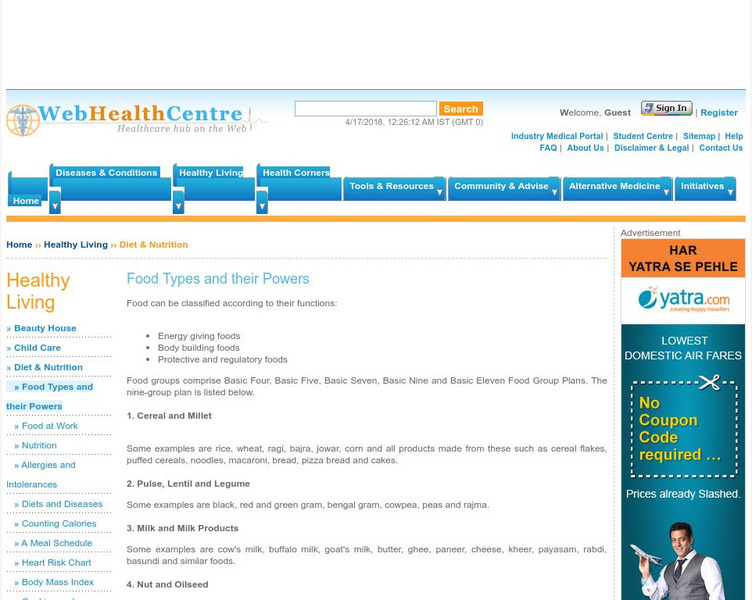Hi, what do you want to do?
Curated OER
Don't Marry the Mole!
Third graders examine the power of solar energy. In groups, they create their own pizza box solar oven to discover the power of the sun and how it is a source for heat and light. To end the lesson, they use the internet to examine...
Curated OER
Is it Alive?
Students watch a demonstration using Duco glue and water and try to determine if the "monster" shown is alive. After the demonstration, they discuss what characteristics make an organism "alive". They participate in a card sorting...
Curated OER
The American West-Knowledge Test
In this American West worksheet, students complete a 24 questions test about the American West. Answers are included beneath questions on worksheet.
Curated OER
Creature Creation
Second graders listen to a read aloud of a fictional story about a frog. They compare the characteristics of the main character with a real frog. They work with two partners to create a creature; one student draw the head, one the body,...
Curated OER
WHAT ANIMALS GIVE US?
Students examine how animals on a farm provide us with many resources.
Curated OER
The Commission of Inquiry
Students explore the role and functions of a commission of inquiry and participate in a democratic debate.
Curated OER
Managing Your Money
Students discuss different money management options in a variety of situations. They identify moments to share, spend and save money.
Curated OER
Money Skills (Using Coins)
Students pretend to purchase items at their class store using coins. At the store, they are to state the amount of the item they want to buy by reading the label. They give the cashier the correct amount of coins and are given a mark on...
Curated OER
Integrated Pest Management-You're Buggin' Me
Students research certain crops and how farmers protect them, while other students research certain insects and how they attack the crop. Each group then documents a ten season plan and then insect and farmers give an attack and...
Curated OER
Mapping My Trip to the 2002 Winter Olympics!
Eighth graders map their route from their local community to Salt Lake City, Utah for the Winter Olympics. Using atlases, they gather topographical information and use the internet to research any landmarks they might pass on the way....
Curated OER
Recycling for Raptors
Students write persuasive letters in support of the Recycling for Raptors campaign. They review raptor groups and names and categorize the raptor species and the groups which they belong. They research businesses, schools, and...
Curated OER
Yeast Bread - Pretzel Lab
Students work with yeast in preparing soft pretzels. They identify the characteristics and ingredients used in yeast breads from quick breads, and how to prepare them in a variety of recipes. They need to set their table, eat and...
Curated OER
Reading
Third graders read the book Ghosts Don't Eat Potato Chips. In groups, 3rd graders answer questions about the story. They share their personal responses. Students write answers to some questions.
Curated OER
Blood, I Presume?
Students explain the value of blood in trials. For this DNA lesson students work together to collect and share information and ideas that they come up with after learning how to distinguish blood from other stains.
Curated OER
Economics Discussion
In this economics discussion worksheet, students respond to economics ideas and defend their opinions with facts and examples.
Curated OER
It’s Your Trash!
Students identify the different sections of a landfill. In this ecology lesson, students brainstorm ways that they can help in proper trash disposal. They write a reflection journal about their thoughts on the subject.
Other
Web Health Centre: Food Types and Their Powers
This website describes the nutritional values of different types of foods. Learn what types of foods are sources of carbohydrates, proteins, fats, vitamins, and minerals through a chart provided at the bottom of the page.
World Food Programme
World Food Programme: Free Rice: Identify Countries on the Map
By playing this educational geography game, you can help end world hunger by providing rice to hungry people for free. For each answer you get right, the World Food Programme will donate 10 grains of rice to help end hunger.
World Food Programme
Free Rice
This vocabulary and grammar site provides free quizzes. The site will donate grains of rice to the World Hunger Programme for each correct answer.
TED Talks
Ted: Ted Ed: The Science of Spiciness
Rose Eveleth details the science and history behind spicy foods, giving insights into why some people continue to pay the painful price for a little spice. [3:54]
Other
The Health Success: Nutrition for Your Cells
Basically, the stronger your immune system the healthier you are and, as a consequence, the more protected you are from environmental factors that lead to infection and sickness. If you eat foods that are rich in the nutrients your body...
Other
Counterpart International: Counterpart
Non-profit organization that focuses on humanitarian and relief assistance, education, healthcare, democracy and governance, food security, development, and more. Their mission is "giving people a voice in their own future through smart...

























